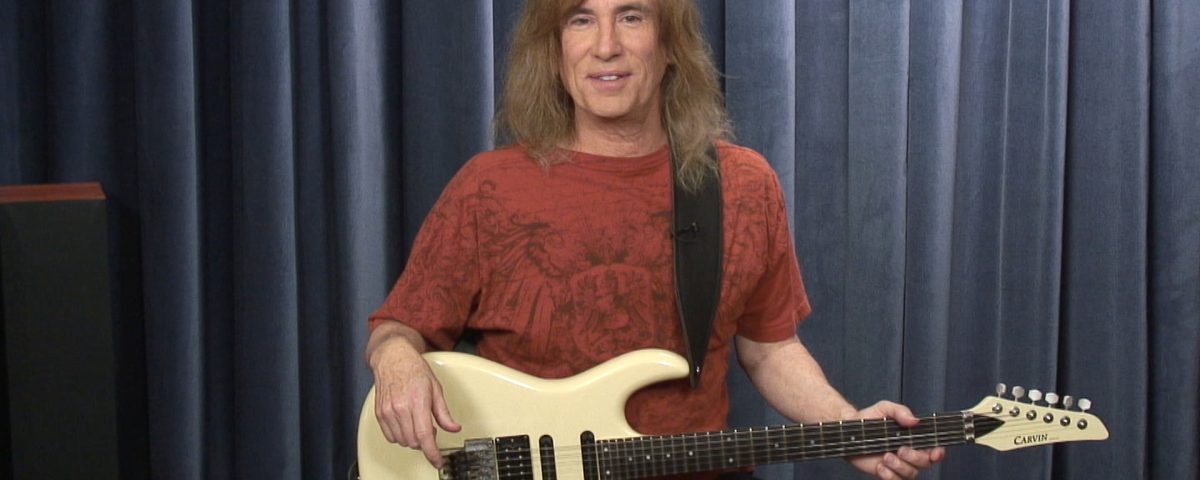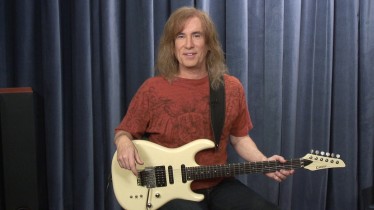Conquer Stage Fright

 How to Conquer Performance Anxiety and Stage Fright
How to Conquer Performance Anxiety and Stage Fright
When I was in grade school the only thing that I feared more than my dad seeing my report card was to stand up in front of a class and give a book report. Some of my classmates thrived on the attention but most of us faced this situation with absolute dread. If you were to look into a classroom of students giving book reports it would be difficult to see what is so frightening about the situation since no students are being physically threatened.
Of course the fear originates from the possibility of having the ego bruised. It’s all mental and it’s self-inflicted:
“What if I say something stupid? What if I stutter? What if I lose my place and just look stupid? I’ve made fun of some of my friends after their reports, I know they’ll return the favor.”
The fear of public speaking or fear of public performance is one of the most common fears that humans experience. I’m not here to help you give a great book report but I am here to explain the value of feeling extreme mental pressure while you’re playing guitar. I don’t want to cause you anxiety but do want to explain why performance anxiety is necessary for you to become a better player.
It’s Just a Hobby Dude
Many guitarists that play as a hobby have absolutely no interest in performing for anybody. They feel this way primarily because of “performance anxiety” which is the fear of failure while performing. It’s as easy for you to feel this anxiety the first time your mom listens to you play as it is for a rock star to feel this anxiety before going on stage. The level of fear can be quite similar regardless of the number of people watching the performance.
You’ve probably learned a song that sounded great in your practice setting but the second you played it for someone the piece completely fell apart. Here’s why. When you’re alone, playing guitar becomes “second nature”. You don’t even think about what you’re playing. The second that your playing becomes a performance for others you suddenly “get real,” move into a heightened state of reality, and start analyzing everything – finger movement, the particular chords that you’re playing, and the difficulty of hand eye coordination. Instead of allowing your subconscious to play guitar you’re suddenly playing guitar consciously. Instead of performing you become a critic. The problem is, you haven’t played guitar consciously since you were an absolute beginner. Remember thinking, “this finger goes on the third fret, this one goes on the second fret…”?
It’s no wonder that people fear to perform because they haven’t learned to play guitar in that state of mind. And that’s the key- performing is a learned behavior. People think that you must learn to overcome the mental pressure and heightened state of awareness, that you must learn to ignore the pressure. Not true. You must learn to accept the pressure and actually embrace it.
How to Overcome Stage Fright
How do you do this? The same way that you learned to play guitar: practice, practice, practice. How do you practice performing? Perform for others every chance you get. While you’re performing for mom, dad, sister, brother, aunts, cousins, uncles, friends, enemies, and others realize that each performance is an opportunity to learn to play “under pressure.” There’s no way to overcome this fear without actually playing in a performance setting.
The more often that you perform the better you get at it. I’ve stood on stage in front of a few hundred people and been so bored that I couldn’t even remember playing the song once it was completed. It was all second nature.
How did I learn to become comfortable in performance settings? First, I was nervous playing in front of other band members. Then, the band played a series of one-nighters and I was nervous playing in front of an audience. I finally became completely comfortable playing on stage when I was in my early twenties performing cover material in Underground Atlanta. Underground Atlanta (at the time) was a tourist attraction with three competing rock clubs. The club owners only wanted bands to play the most popular material because tourists would only listen to a few songs before moving on. So basically, bands played one set of material, forty-five minutes in length, five times a night, six days a week. That was my way of becoming completely comfortable playing in front of an audience.
I’ve explained the process without explaining the value. There is nothing more valuable to the technical advancement of your guitar playing than to embrace live performance. Why is that? It will show you the flaws in your technical skill in a way that sitting in your comfortable practice room can’t.
Here’s why. Let’s say you have a flat tire on your way home from work. You’re lucky enough to pull into a tire service center before it goes completely flat. How is it determined where the leak is? The repair person fills the tire with air pressure. The weak spots will leak because of the increased pressure.
Record yourself during a live performance. Listen to the recording. The weak spots will be as obvious as a tire leaking air. You will hear technical flaws that would never appear in recordings of you playing in a comfortable setting. This teaches you what to practice. Record your next performance, find other flaws and eliminate them. Repeat this procedure until you’re absolutely amazing.
Michael Angelo Batio – Feerless Guitar
We recently upgraded the original program of Speed Kills to version 2.0 so I was studying the program for the first time in years. I love Michael’s story about learning to play the double-guitar. He describes his first live performance with the guitar in front of twenty-four thousand people, “I was playing and it sounded like all noise. I was so scared and my hands were jumping.” Still, he knew enough about performing to act like everything was okay and the crowd went wild. It’s amazing what you can get away with in front of an audience if you don’t let on that you sound terrible. When he walked off stage his singer said, “So dude, you going to quit?” Michael replied, “What? Are you crazy? I’ve just started.”
If you pay attention to that story you will learn more about Michael’s approach to mastery than if you spend years endlessly practicing the exercises in Speed Kills. When it comes to playing guitar Michael is absolutely fearless. I don’t know of anybody that performs live more than Michael. He performs at guitar clinics more than 70 days a year with an additional 40 other live performances. For his clinic performances he doesn’t even depend on the comfort of playing “his guitar” or “his amplifier.” He pulls a guitar off the wall, plugs in and plays.
When you perform as much as Michael does you receive the feedback that only playing under pressure allows. He gets an opportunity to test his skills under pressure more than any guitarist that I know. I’m convinced that’s a major reason that he is more technically proficient than any guitarist that I know. He experiences technical flaws under pressure and has the self-discipline to correct them.
So next time someone walks into your practice space, enjoy the performance opportunity. Record the performance and observe the flaws in your technique after the performance. You’ll learn to thrive on the pressure of performance just like Michael does.
Here are a few tips to become comfortable while playing live performances:
– Prepare for the performance and trust your preparation. Have confidence and trust in your ability to perform the piece without conscious effort.
– When playing gigs, become familiar with the room before the performance. Show up early and absorb the vibe. Don’t rush into the facility at the last minute. When you show up early it allows the nervous energy to dissipate.
– The first song should be something that isn’t challenging. You may gradually increase the level of difficulty during the performance but be very careful to not play anything that truly challenges your ability.
– If you choose to play something challenging figure a way to bail out if you start feeling uncomfortable. For example, if you’ve memorized a difficult lead passage with alternate picking be prepared to substitute a hammer-pull section that you can perform in your sleep. Just having a way to bail out can give you the confidence to pull off the challenging section.
– Turn off all analytical, critical thinking. You’re a performer, not a critic.
– Stay in the moment. Don’t focus on mistakes in the past or difficult sections in the future. Just remember, 95% of the time the audience has no idea that you made a mistake unless your reaction to the mistake is obvious. Once a mistake is made it’s in the past.
– Breathe deep, long, and slow before and during the performance. It will help you relax.
– Perform for the audience. Don’t try to understand what individual audience members are experiencing. Chances are, your observations will be incorrect. Observing the audience too closely turns you into an observer, not a performer.
– Don’t concentrate on technique because that activates the critical part of the brain. It’s okay to focus on a single tendency like to play smooth, or breath comfortably or slow down. Just allow one of these thoughts to influence your overall performance.
– Enjoy the music and your performance. Treat the performance as a celebration of your hard work rather than as an intimidating experience. Embrace this opportunity to truly test your skills.
Copyright 2008 – Doug Marks for Metal Method Productions, Inc. You may post a link to this entire article or reference sections if a link is included to this page.



